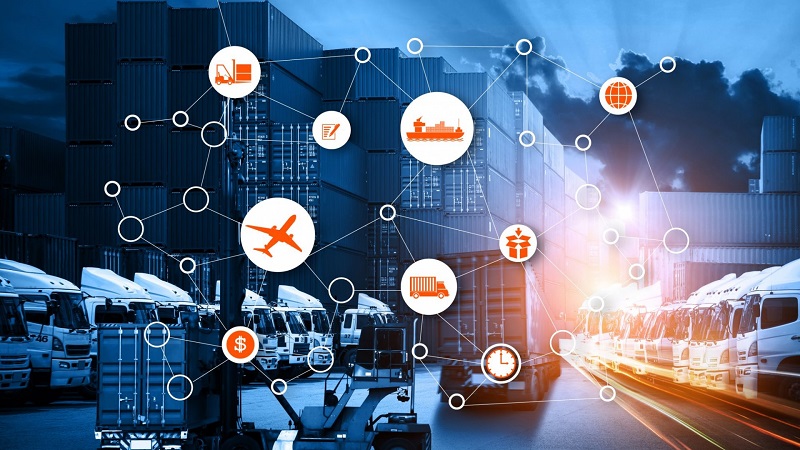A blockchain supply chain can help people keep track of price, date, location, quality, certification, and other important information so that the supply chain can be better managed. When this information is available on blockchain development services, it can make it easier to track where materials come from, cut down on losses from fake and gray market goods, and improve visibility. Also compliance over outsourced contract manufacturing, and maybe even help a company become a leader in responsible manufacturing.
Recent Developments and What’s To Come!
Bitcoin, the first use of blockchain, led to a lot of people trying out blockchain, especially in financial services. In 2015, Nasdaq and OMX Group Inc. worked with a blockchain startup. This is known as Chain to pilot and test blockchain technology for trading shares in the Nasdaq Private Market. Visa Europe, the Commonwealth Bank of Australia, RBS, and many high street banks in the UK have all said that they are using blockchain to work on their own proof-of-concepts.
As this technology becomes more well-known, big companies and new businesses are looking for ways to use it outside of the financial services industry. A company called Provenance, which works to make supply chains more transparent. It has just finished a six-month pilot project using blockchain to track the responsible sourcing of tuna in Indonesia. Monegraph is a company that started up in 2014. It uses blockchain to protect the use and sharing rights of digital media like video clips or brand-sponsored content. And to allow the creators, publishers, and distributors of that media to share revenue. Skuchain makes blockchain-based B2B trade and supply chain finance products for the $18 trillion global trade finance market. It includes buyers, sellers, logistics providers, banks, customs, and third parties.
Innovations in the supply chain are drive by blockchain. And it have the potential to bring huge business value by making the supply chain more transparent, reducing risk, improving efficiency. And also making supply chain management as a whole better.
Making the Supply Chain more Valuable
Blockchain can make the supply chain more transparent and lower costs and risks along the whole chain. In particular, innovations in the blockchain supply chain can bring the following key benefits:
The main Possible Benefits:
- Track the supply chain of materials better to make sure corporate standards are met
- Less money lost from fake/gray market trading
- Improve the visibility and compliance of contract manufacturing that is outsource
- Cut down on paperwork and costs for administration
Possible Secondary Benefits
- Improve the company’s reputation by making the materials used in products clear
- Improve the data’s credibility and the public’s trust in it
- Reduce the risk of bad PR that could come from supply chain mistakes
- Engage stakeholders
Blockchain can make end-to-end tracking in the supply chain more accurate and transparent. Organizations can digitize physical assets and create a decentralised, unchangeable record of all transactions. This makes it possible to track assets from the time they are make until they are delivere by the end user. This makes it easier for both businesses and consumers to see what’s going on in the supply chain.
Blockchain can make the supply chain more transparent, which can help cut down on fraud for high-value goods like diamonds and drugs. Blockchain could help companies figure out how ingredients and finished goods move from one subcontractor to the next. This could reduce the amount of money lost to counterfeiting and gray market trading and boost consumer confidence by reducing or getting rid of the effects of counterfeit products.
Also, businesses can have more control over contract manufacturing that is done by someone else. Blockchain gives everyone in a supply chain access to the same information, which could cut down on communication or data transfer errors. Less time can be spend validating data, so more time can be spend delivering goods and services, either to improve quality, lower costs, or do both.
Lastly, blockchain can simplify administrative tasks and cut costs by making it easier to audit data in the supply chain. Compliance or credit checks that are currently done by hand and can take weeks can be done faster with a distributed ledger of all relevant information.
Getting Ahead
As blockchain becomes more popular, companies should keep an eye on the people in their industry who have started to try it out. Network effects help blockchain a lot. Once a critical mass of people join a supply chain, it’s easier for others to join and get the benefits. Companies could look at their competitors and other people in their supply chain to figure out when to make a blockchain prototype.

